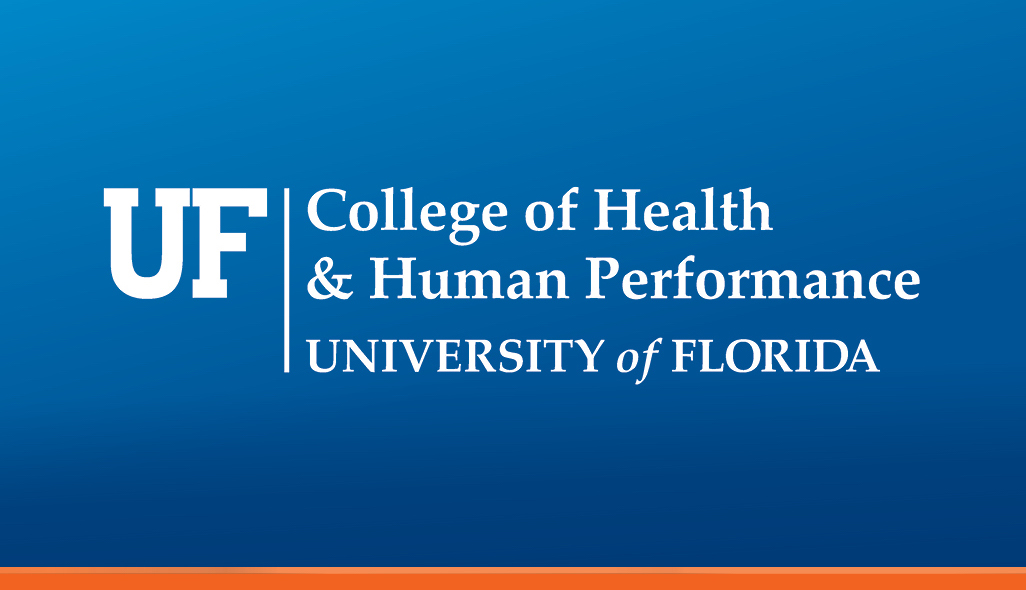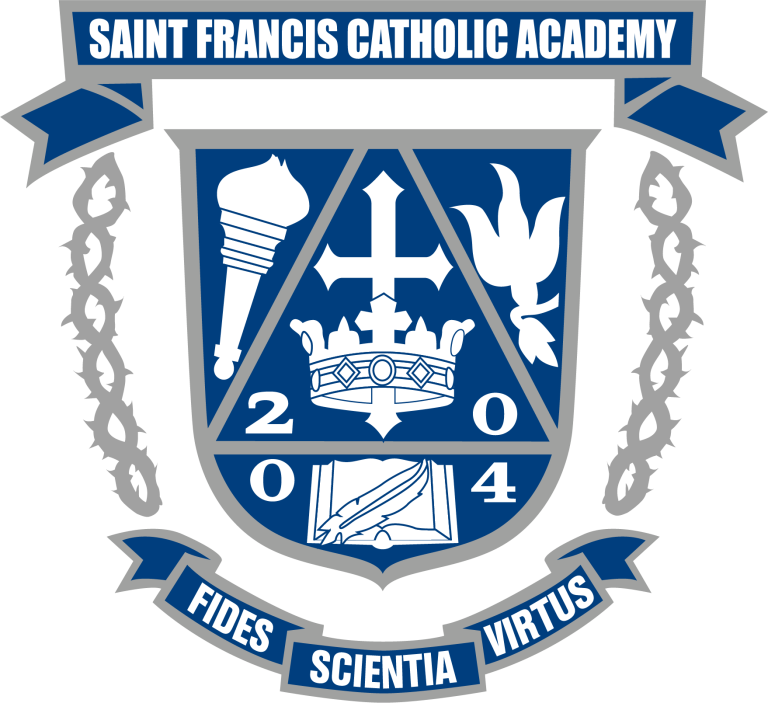Sports Participation Forms
Student Athletic Health Guidelines
Concussion Policy
POLICY 40 CONCUSSIONS
To help ensure the health and safety of student athletes, the following policy provides guidelines and procedures on preventing, recognizing, and responding to a concussion.
40.1 Concussions.
A concussion is a brain injury caused by a blow to the head or body that causes the brain to move rapidly inside the skull. Concussions can also result from a fall or from collisions between with one or more individuals or with obstacles. As brain injury, concussions are serious.
40.1.1 Any student athlete who exhibits signs, symptoms, or behaviors consistent with a concussion including, but not limited to, loss of consciousness, headache, dizziness, confusion, or balance problems, shall be immediately removed from the contest or practice and shall not return to play until cleared by an appropriate health-care professional.
40.1.2 When you suspect that a player has a concussion, follow the “Heads Up” 4-step Action Plan:
• Remove the athlete from play.
• Ensure that the athlete is evaluated by an appropriate health-care professional.
• Inform the athlete’s parents or guardians about the possible concussion and give them information on concussio
• Keep the athlete out of play the day of the injury and until an appropriate health-care professional says he or she is symptom-free and gives the okay to return to activity.
The signs, symptoms, and behaviors of a concussion are not always apparent immediately after a bump, blow, or jolt to the head or body and may develop over a few hours. An athlete should be observed following a suspected concussion and should never be left alone.
40.2 Appropriate Health-Care Professional (AHCP).
An appropriate health-care professional (AHCP) is an individual who is trained in the diagnosis, evaluation and management of concussions. Such individuals will be a licensed physician (MD, as per Chapter 458, Florida Statutes) or a licensed osteopathic physician (DO, as per Chapter 459, Florida Statutes). Consistent with the American Academy of Neurology and other organizations, it is strongly recommended that an AHCP as defined in Policy 40.2 above or an athletic trainer (ATC, as per Chapter 468, Florida Statutes) is present at all sporting events, including practices, where athletes are at risk for concussion or for those classified as a collision sport, whenever possible.
40.3 Mechanics for Removal from Athletic Contest.
The FHSAA concussion rule calls for the immediate removal of the participant from the contest or practice. Players, coaches and contest officials should be cognizant of athletes who display signs, symptoms or behaviors of a concussion and immediately stop play for injury evaluation within the rules of the game (the responsibility of the contest official is limited to activities that occur on the field, court, mat, etc.).
40.3.1 Symptoms Reported by the Athlete
• Headache • Nausea
• Balance problems or dizziness
• Double or fuzzy vision
• Sensitivity to light or noise
• Feeling sluggish
• Feeling foggy or groggy
• Concentration or memory problems
• Confusion
40.3.2 Signs Observed by Other Individuals
• Appears dazed or stunned
• Is confused about what to do
• Forgets plays
• Is unsure of game, score, or opponent
• Moves clumsily
• Answers questions slowly
• Loses consciousness
• Shows behavior or personality changes
• Can’t recall events prior to hit
• Can’t recall events after hit
40.3.3 Removal.
Once the participant has been removed from a contest due to a suspected concussion, the coach, school and AHCP(s) assumes full responsibility for that athlete’s further evaluation and safety. If available, a certified athletic trainer (ATC) under the direct supervision of a MD/DO can assist with the sideline evaluation of a studentathlete when a student-athlete is sent out of a competition or practice, but cannot provide written clearance to return to play (refer to above). If after sideline evaluation, it is determined the athlete does not demonstrate symptoms consistent with a concussion the ATC will follow procedures within a written operational protocol created and signed by a supervising physician to determine return to play. In this situation, the athlete should continue to be monitored for any delayed onset of concussion symptoms and must be removed from activity immediately if signs or symptoms return.
40.4 Return to Play (RTP) Criteria – Recommended Concussion Management
40.4.1 No athlete should return to play (RTP) or practice on the same day of a suspected concussion. “When in doubt, sit them out!”
40.4.2 Any athlete suspected of having a concussion must be evaluated by an ACHP (as defined above) as soon as possible and practical.
40.4.3 Any athlete who has sustained a concussion must be medically cleared by an AHCP (as defined above) prior to resuming participation in any practice or competition. 106 2015-16 FHSAA Handbook
40.4.4 After evaluation and examination by an AHCP (as defined above), return to play must follow a step-wise protocol as defined by the “Graded Return to Play Protocol” form and under the supervision of an AHCP, athletic trainer, coach or other health care professional (Post Head Injury/Concussion Form).
40.4.5 A written medical clearance from an AHCP (as defined above) is required for return to competition (Post Head Injury/ Concussion – RTP Form).
For a printable version of this information, please CLICK HERE.
University of Florida Athletic Trainers Program

Our Athletic Trainer for the 2023-2024 school year is Danielle Hemby
Athletic Training Residents hired through UFHealth Orthopaedics and Sports Medicine serve 14 area high schools in four surrounding counties. Athletic Training Residents function as the head athletic trainer providing onsite medical care for athletic events and practices and managing all aspects of healthcare.
